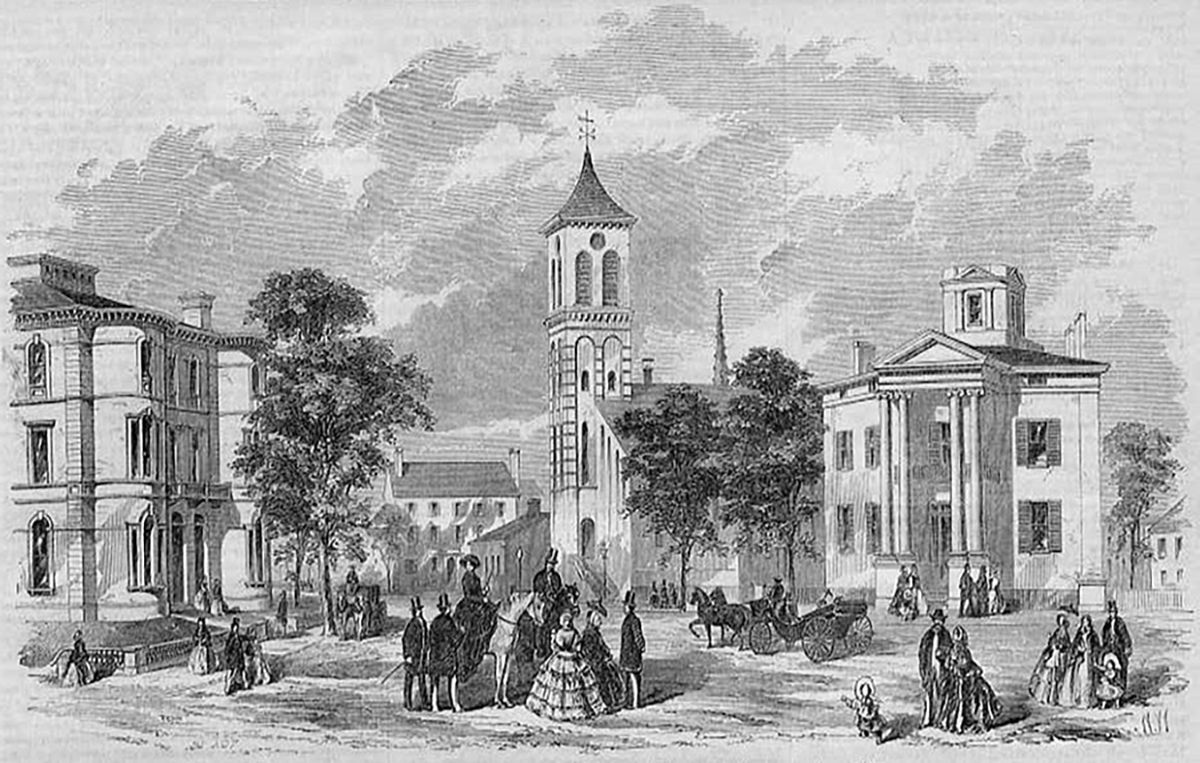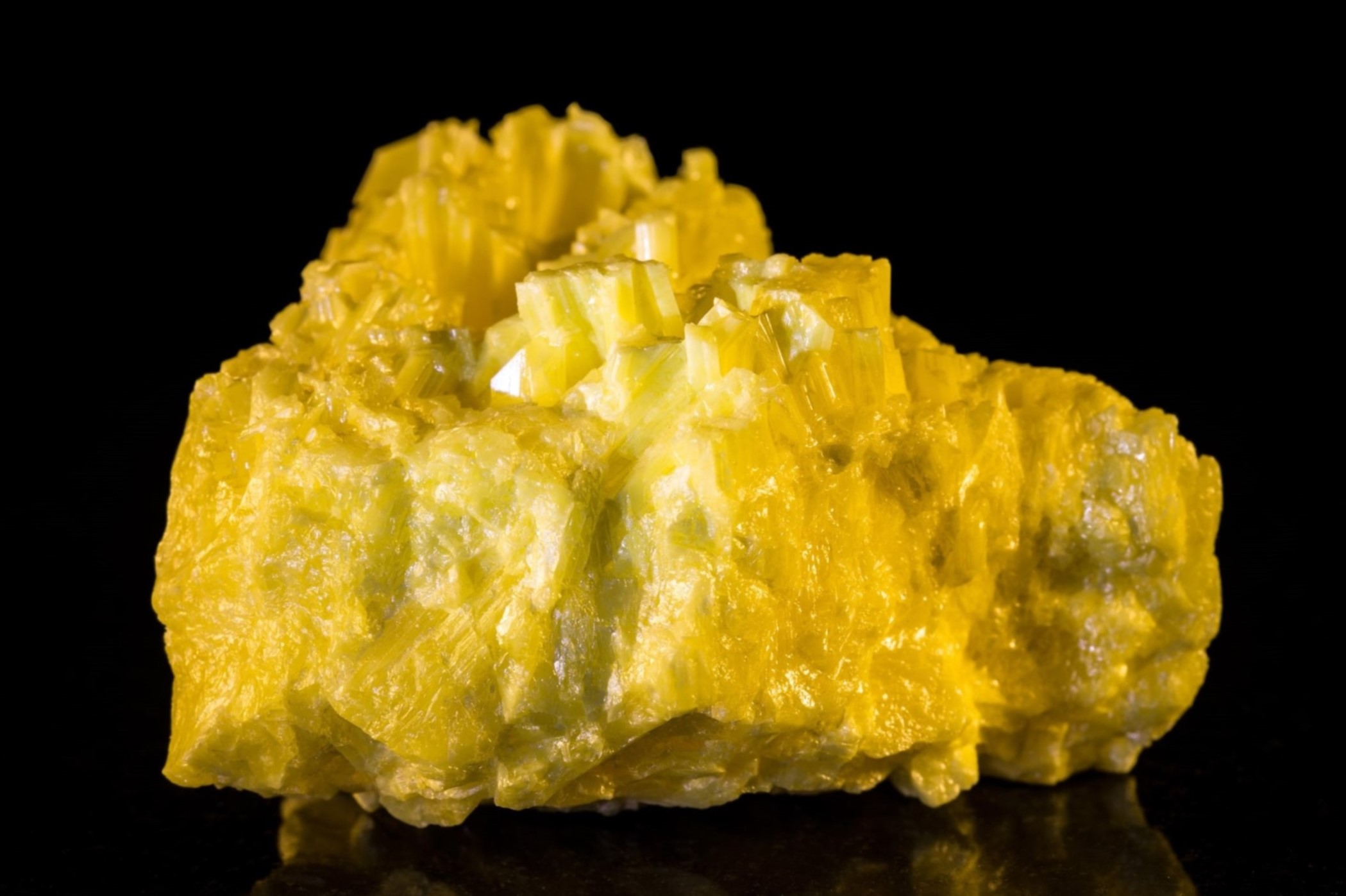
Maine, often celebrated for its rugged coastline and luscious lobster, holds a treasure trove of history waiting to be uncovered. From its early Native American roots to its pivotal role in American independence, every corner of this state whispers tales of the past. Maine's history is not just a series of dates and events; it's a vibrant tapestry woven with the stories of explorers, settlers, and revolutionaries. Whether you're a history buff or simply curious about how this northeastern state came to be, these 20 facts will guide you through Maine's fascinating journey from its earliest days to its current status as a beloved part of the United States. Get ready to uncover hidden gems and surprising insights about Maine's rich heritage.
Early Beginnings
Maine's history is rich and diverse, stretching back thousands of years. Here are some fascinating facts about its early days.
-
Native American tribes, including the Wabanaki Confederacy, lived in Maine for thousands of years before European settlers arrived. They thrived on fishing, hunting, and farming.
-
The first European to explore Maine was Giovanni da Verrazzano in 1524. He was an Italian explorer who sailed under the French flag.
-
In 1604, French explorers Pierre Dugua, Sieur de Mons, and Samuel de Champlain established the first European settlement on Saint Croix Island. This settlement was short-lived due to harsh winters.
-
The Popham Colony, established in 1607 by the English, was one of the earliest attempts to settle in Maine. It was abandoned after just one year due to supply issues and harsh conditions.
Colonial Era
The colonial period saw Maine's development as part of the Massachusetts Bay Colony. Here are some key points from that era.
-
Maine was originally part of the Massachusetts Bay Colony, which was established in 1629. It remained part of Massachusetts until it became a separate state in 1820.
-
The town of York, founded in 1636, is one of the oldest towns in the United States. It was originally called Agamenticus.
-
During the 17th century, Maine was a battleground for conflicts between the English and French, as well as between European settlers and Native American tribes.
-
The Treaty of Paris in 1763 ended the French and Indian War, resulting in British control over Maine and the rest of New England.
Path to Statehood
Maine's journey to statehood was marked by significant events and milestones. Here are some highlights.
-
The District of Maine was established in 1780 as part of Massachusetts, giving it some degree of autonomy.
-
The War of 1812 had a significant impact on Maine, with British forces occupying parts of the state, including Castine and Eastport.
-
Maine became the 23rd state on March 15, 1820, as part of the Missouri Compromise, which aimed to balance the number of free and slave states.
-
The state capital was originally Portland but was moved to Augusta in 1832 to be more centrally located.
Economic Development
Maine's economy has evolved over the years, driven by various industries. Here are some key economic facts.
-
The lumber industry was a major economic driver in the 19th century, with Maine's vast forests providing timber for shipbuilding and construction.
-
Shipbuilding became a significant industry in Maine, particularly in cities like Bath, which is still known for its shipyards today.
-
The fishing industry has always been vital to Maine's economy, with lobstering becoming particularly important in the 20th century.
-
Tourism emerged as a major industry in the 20th century, with Maine's natural beauty attracting visitors from around the world.
Cultural Contributions
Maine has made significant cultural contributions, from literature to the arts. Here are some notable facts.
-
Henry Wadsworth Longfellow, one of America's most famous poets, was born in Portland, Maine, in 1807.
-
The state is known for its distinctive cuisine, including iconic dishes like lobster rolls, blueberry pie, and whoopie pies.
-
Maine has a rich maritime heritage, celebrated in museums like the Maine Maritime Museum in Bath and the Penobscot Marine Museum in Searsport.
-
The state is home to Acadia National Park, one of the most visited national parks in the United States, known for its stunning landscapes and outdoor activities.
A Final Look at Maine's Rich Past
Maine's history is as deep and varied as its landscapes. From the early Native American tribes to the pivotal role in maritime history, every corner of this state whispers stories of the past. Lighthouses stand as sentinels, reminding us of Maine's crucial role in navigation and trade. The state's involvement in the Civil War and its path to statehood reflect a microcosm of American resilience and spirit. Maine's cultural contributions, through its unique cuisine, traditions, and the arts, continue to enrich the national tapestry. As we've journeyed through these 20 facts, it's clear that Maine is not just a state but a living museum of American history. Its legacy, shaped by the sea, wars, and the unyielding spirit of its people, continues to captivate and inspire. Maine, indeed, is a testament to the complexity and beauty of American history.
Was this page helpful?
Our commitment to delivering trustworthy and engaging content is at the heart of what we do. Each fact on our site is contributed by real users like you, bringing a wealth of diverse insights and information. To ensure the highest standards of accuracy and reliability, our dedicated editors meticulously review each submission. This process guarantees that the facts we share are not only fascinating but also credible. Trust in our commitment to quality and authenticity as you explore and learn with us.


